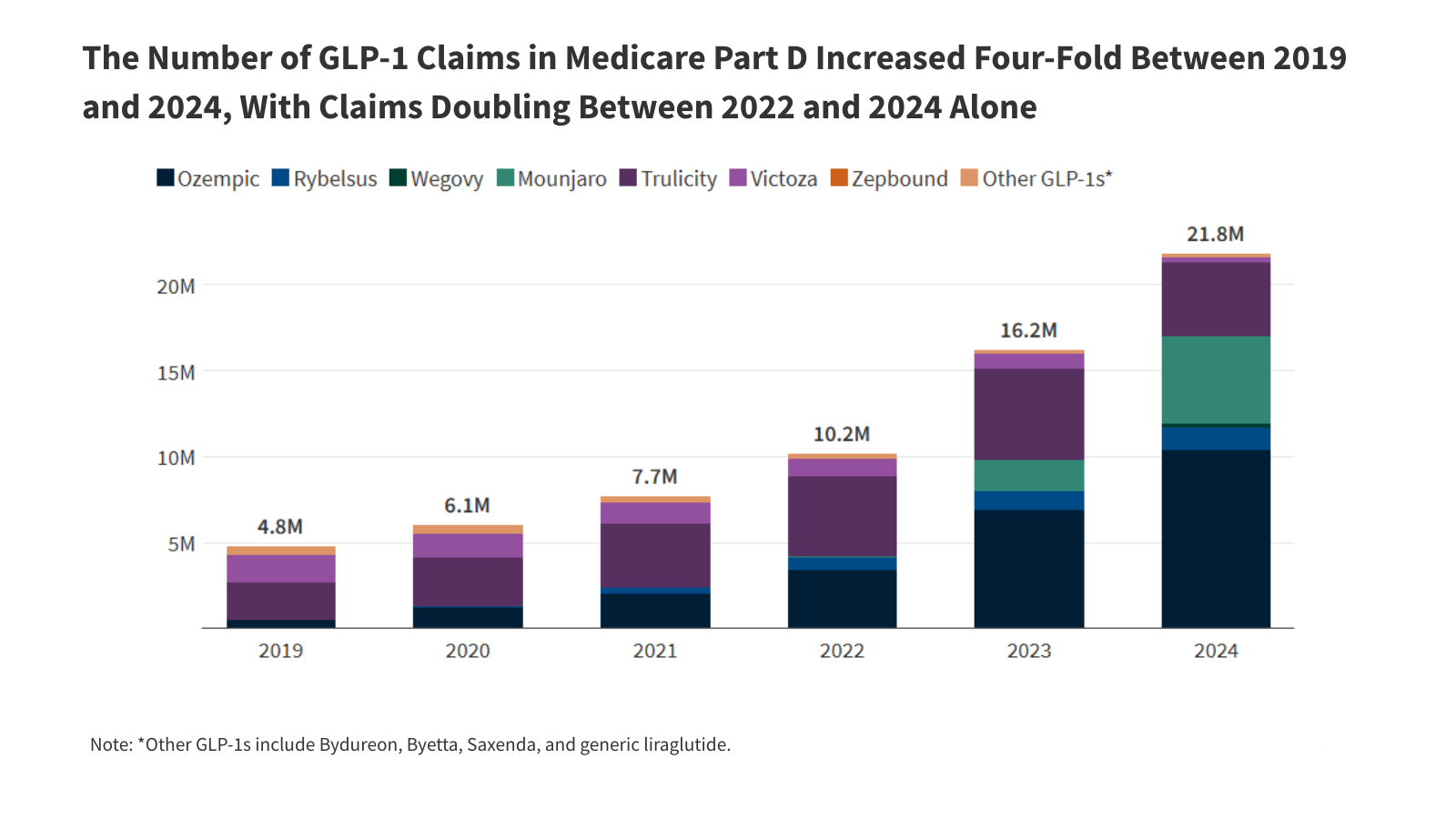The Centers for Medicare & Medicaid Services (CMS) quietly released changes to the ACO REACH Model, prompting one industry group to react to the modifications.
The National Association of ACOs (NAACOS) said it is still digesting the changes and listening to members’ initial thoughts.
“I think it’s a bit mixed,” Aisha Pittman, senior vice president of government affairs for NAACOS, said of the changes in an interview with Fierce Healthcare.
Some of the changes—like removing expenditures for two catheter codes impacted during a $2 billion fraud scheme—were met with a positive reception from the industry group.
The organization is still evaluating the effects of technical benchmarking changes. For example, CMS will not increase the percentage of expenditures comprising the benchmark blend rate and will reduce the standard ACO regional blend adjustment ceiling from 5% to 3%.
The agency will also increase the benchmark discount for ACOs in the global risk sharing option in payment year 2026 from 3.5% to 4%, and ACOs may participate in a stop-loss reinsurance agreement.
“I think these changes are not the greatest,” said Pittman. “We expected there were going to be some changes. We will likely see some ACOs drop out or struggle to participate. I don’t have a good sense yet because our members are interpreting, [but] that’s always the fear.”
“On the other side, we understand CMS has their requirements about generating savings,” she added.
Pittman worries CMMI models have a fundamental problem—they are judged against Medicare Shared Savings Program (MSSP) ACOs, which already generate savings for Medicare.
MSSP ACOs have generated net savings every year since 2017. In 2022, these ACOs generated $1.8 billion (PDF) after accounting for shared savings payments.
Instead of judging ACO REACH participants against non-ACO patients in Medicare, savings from ACO REACH is compared against MSSP. This cues up CMS to adjust benchmarks, which can negatively impact ACOs that are saving money in the REACH program.
In short, for ACOs to be deemed as generating savings, the organization must save even more than MSSP ACOs. This is an unreasonable expectation, Pittman argues.
NAACOS said it approves of CMS’ current approach toward rectifying the catheter fraud scandal that rocked the ACO industry, but it’s hearing from members that the issue has not disappeared.
“Members have been reporting other instances of anomalous and highly suspect billing for a few other areas, including ventilators, skin grafts and diabetic supplies,” said Pittman. “We want CMS to look into those and put forth similar mitigation for those in 2023.”
Publisher: Source link









